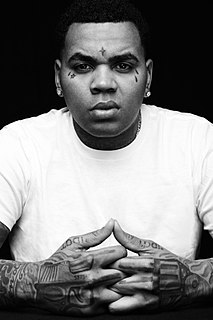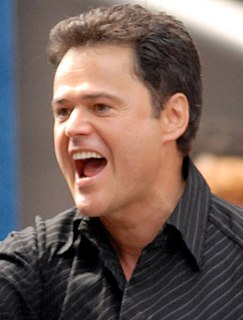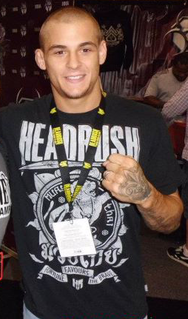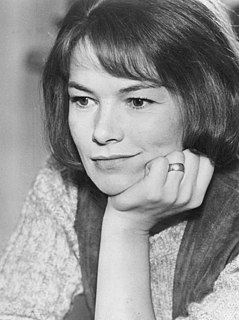A Quote by Margaret Trudeau
I live with being bipolar, but it doesn't define me anymore.
Related Quotes
I learned that I suffered from bipolar II disorder, a less serious variant of bipolar I, which was once known as manic depression. The information was naturally frightening; up to 1 in 5 people with bipolar disorder will commit suicide, and rates may even be higher for those suffering from bipolar II.
There are times when I think being bipolar gives me the ability to see and want and write things that other people cannot and do not. One of those is writing. Creativity is something that co-presents with bipolarity. There are other times when being bipolar legitimately sucks and leads you to a point where you want to kill yourself. Very odd thing when your brain which, evolutionarily speaking, should want you to survive is telling you to die.
I don't want to be caught ... ashamed of anything. And because generally someone who has bipolar doesn't have just bipolar, they have bipolar, and they have a life and a job and a kid and a hat and parents, so its not your overriding identity, it's just something that you have, but not the only thing - even if it's quite a big thing.
The mindset of chasing that next #1 record doesn't exist for me anymore. It's more about being a well-rounded entertainer than being a pop artist. Obviously, it would be wonderful to have a hit record but I don't base my happiness on that anymore. It's about the accomplishment of a project that satisfies me. I just want to enjoy the ride.
































